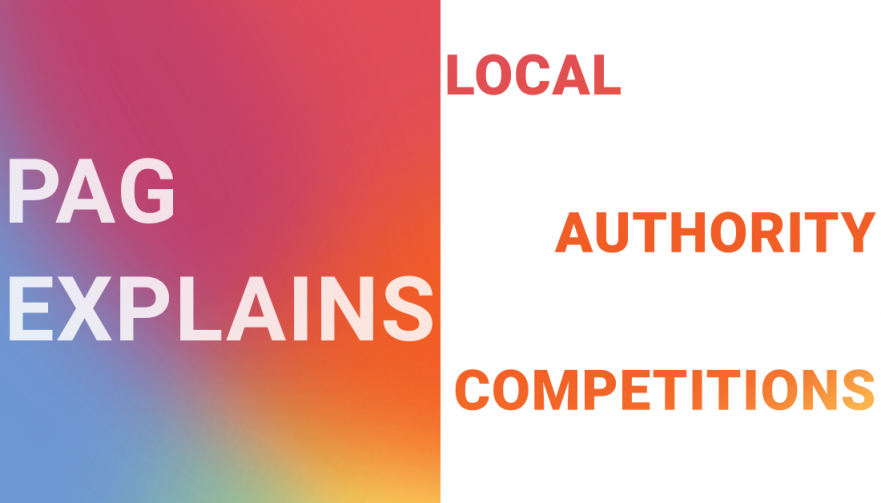PAG Explains: Local Authority Competitions
Step One: Finding out when a local authority competition is happening
Step Two: Read the specification – twice!
Step Three: Show off your knowledge of the community
Step Four: Write your application
Step 5: Pass the interview
Step 6: Cut the ribbon
If your local authority application is successful, you could expect to be opening the doors to pupils within anything from 9 months (we’ve seen it happen!) to 3 years or more - the specification will usually give an indication of when the local authority expects the school to open, and this is often dependent on projected need or the suitability of the site.

What is the difference between local authority competitions and the central free school waves?
Who can apply
Whilst the DfE open the central free school waves to nearly any group (provided they are able to establish an academy trust by the time their application is complete), local authority competitions are usually only open to existing academy sponsors. Trusts who are not academy sponsors may be able to apply for sponsorship status alongside their free school application, though this should be discussed with the relevant Regional Directorate office before submission.
The role of the local authority
Applying for a mainstream school via the central free school waves doesn’t require any involvement from the local authority (although local authority support is needed for AP and special applications) as applicants submit mainstream free school bids directly to DfE. For a local authority competition, you are applying directly to your local authority instead.
For a local authority competition, there will already be an identified site and the local authority will have established that there is need for a new school in the local area, whereas, for a mainstream central free school bid, it is up to the applicant to find a site and demonstrate basic need themselves. For the special and AP waves, the local authority will need to explain the need and rationale for the free school but will only need to produce a specification in the special school wave. As referenced above, the local authority will fund the capital works for a new school established through the presumption route, whereas in the central wave, the project will be DfE-funded.
Schools established through the presumption route are also more likely to be part of the local authority’s co-ordinated admissions process. The sponsor and the local authority should decide jointly whether this will be appropriate.
The Application
The structure of the application also differs slightly. For local authority competitions, knowledge of local context and community engagement is usually a key focus of Section B, and there is an expectation for applicants, whether already established in the local authority or not, to demonstrate their local knowledge and evidence that they have strong relationships with schools and community groups in the area.
Whilst there was an expectation in Wave 14 for applicants to demonstrate community engagement, this has not been included as a standalone section in the ‘How to Apply’ guide for Wave 15. Whichever route you are taking to apply for a free school, it may benefit your free school bid to include evidence of community engagement, which PAG can provide in addition to our free school bid writing service.
In addition, for school established in the central waves, DfE will usually request several iterations of the financial template. Though they can be, these are not usually requested or assessed for presumption competitions.

If you’re thinking of taking the central wave route to open a free school, rather than applying for a school via a local authority competition, PAG is also the DfE’s supplier of free school support and advice through Create: Schools, offering bespoke support for central wave applications free of charge, including free school bid reviews and mock interview support.
If you have any questions about local authority competitions, free school bid writing or becoming an academy sponsor, please get in touch by contacting us at hello@premieradvisory.co.uk, or completing our contact form here.
